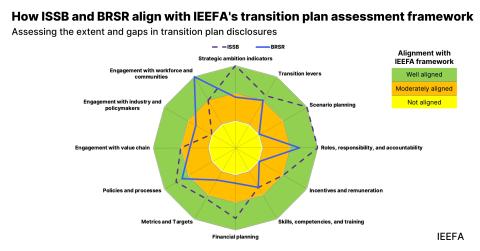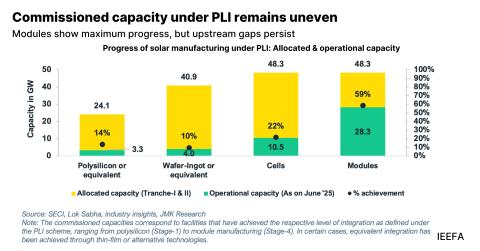Campaign to undermine ESG principles is about power—not good investment policy
Download Full Report
View Press Release

Executive Summary
In a recent Wall Street Journal op-ed and other media appearances, former U.S. Attorney General William Barr offers a poorly reasoned defense of heavy-handed efforts by 19 attorneys general and others to stop finance professionals and fiduciaries from considering environmental, social and governance (ESG) issues—especially climate change criteria—when making investment decisions.
A commentary by Martin Lipton, based on a memorandum by Wachtell, Lipton, Rosen & Katz (WLRK), one of the world's most influential corporate law firms, offers a strong, carefully reasoned institutional rejoinder to anti-ESG arguments (though not necessarily to Barr). WLRK’s compelling arguments on the substantive matter, however, do not address the main political strategy behind the efforts of Barr and his allies. The purpose of the Barr op-ed apparently is not to convince investors but to intimidate them. The op-ed plainly lays out the new way Barr and his allies are using political power to assist the leadership of the fossil fuel industry.
Investors Beware!
Barr and his allies seek a major power shift within the U.S. system of checks and balances. If they are successful, the current legal consensus on investment principles and fiduciary duty could be stood on its head. Climate change is just a stalking horse for the campaign. Their strategies will spark upheaval and chaos in energy and finance markets.
The current legal consensus on investment principles and fiduciary duty could be stood on its head.
Barr claims investment trustees and corporate board directors who take ESG principles into account when making investment decisions are contravening their obligations as fiduciaries. He contends, for example, that investment funds that hire advisors who consider climate risks when making investment choices are in legal breach of their fiduciary duties. He points to a statement by a group of 19 state attorneys general, which he contends moves the argument from a policy dispute to a litigation risk.
Based on Barr’s argument, a charitable trust, pension fund or university board that retains a fund advisor that considers ESG risks—including leading firms such as UBS, Federated Hermes, or BlackRock, for example—may expose those board members to personal liability.
He is wrong.














